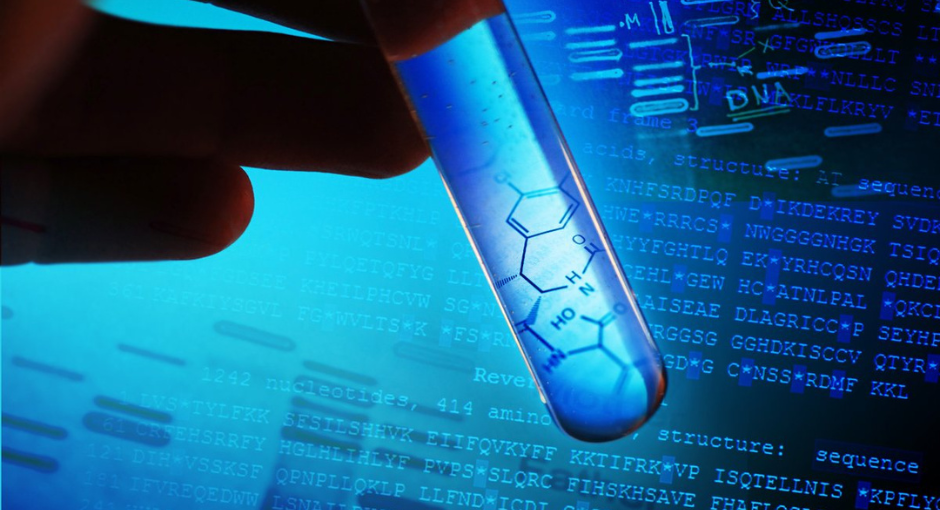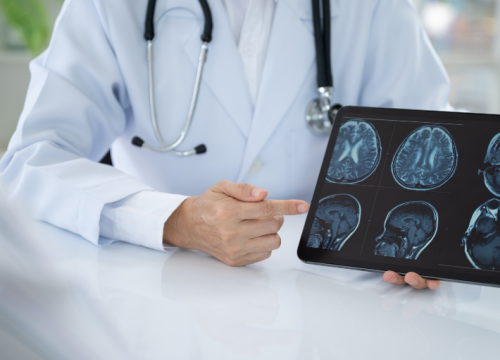What's Hot in PD? The Not So Hidden Viruses in the Parkinson Disease Microbiome

The microbiome is a hot topic in Parkinson’s disease (PD). The microbiome is the network of microorganisms, along with viruses and bacteria, that help the body stay healthy. In the PD community, when we talk about the microbiome, we’re referring to the bacteria found in the gut. Leading experts have suggested that the microbiome has a potential role in the pathogenesis (way a disease develops) and in the treatment of Parkinson’s. This has sparked the idea that we might be able to improve PD symptoms if we change the microbiome through diet or other ways. In this month’s What’s Hot in Parkinson’s disease, we will explore the not so hidden viruses within the gut.
What is in the human gut microbiome? The microbiome has many living creatures, such as bacteria and fungi. Most people are not aware that viruses live in your gut, which are called bacteriophages. Fun fact: the human gut houses more viruses than bacteria.
George Tetz, MD, and colleagues, in a recent issue of Scientific Reports examined bacteriophages in Parkinson’s disease. Dr. Tetz looked at the gut phagobiota (the combination of all gut bacterias). He and his colleagues analyzed existing data and calculated the phage (virus) to bacteria ratio in early untreated people with PD. The researchers also compared their findings to a group of people without Parkinson’s.
People with Parkinson’s have less of a specific type of bacteria that produces lactic acid. These bacteria play a role in the processes that produce dopamine and affect the intestine’s ability to absorb. According to the study, people with PD did not have less bacteriophages than people without PD, but people with Parkinson’s were found to have an increased number of a specific kind of bacteriophage called the lytic-phase bacteriophage.
Though there were only 31 people with Parkinson’s in this study, the results were fascinating. If a person received bacteriophages, it would shift the microbiome and change the intestine’s ability to absorb. Another study recently reported that consuming dairy is associated to developing Parkinson’s later in life. Dr. Tetz and his colleagues speculate that dairy impacts bacteriophages and specifically Lactococcus (a type of lactic acid bacteria).
The idea that change in the gut microbiome and bacteria found within may be important to Parkinson’s has gained momentum. We need to be careful in interpreting this study, as study participants with PD had not been exposed to dopamine and the number of participants was small.
We cannot automatically assume that this gut virus study shows a direct link to the cause of Parkinson’s. We also do not yet know if altering the viruses or other components of the microbiome will improve treatment or alter PD progression. However, we are hopeful that more research will lead to better diets, novel treatment approaches and may even help current medications work more effectively. Considering there are more viruses in the human gut than bacteria, these viruses are now more visible to clinicians and future researchers than ever.
References

- Tetz G et al. Parkinson’s disease and bacteriophages as its overlooked contributors. Sci Rep 2018 Jul 17; 8:10812.
- Okun MS. Bacteriophages, the Microbiome, and Parkinson Disease: Possible Treatment Implications. Journal Watch Neurology, 2018.
You can find out more about our National Medical Advisor, Dr. Michael S. Okun, by also visiting the Center of Excellence, University of Florida Health Center for Movement Disorders and Neurorestoration. Dr. Okun is also the author of the Amazon #1 Parkinson's Best Seller 10 Secrets to a Happier Life and 10 Breakthrough Therapies for Parkinson's Disease.
Related Blog Posts

Mapping the Brain in High Resolution: How the University of Michigan is Advancing Parkinson’s Neuroscience

Neuro Talk: Newly Diagnosed
